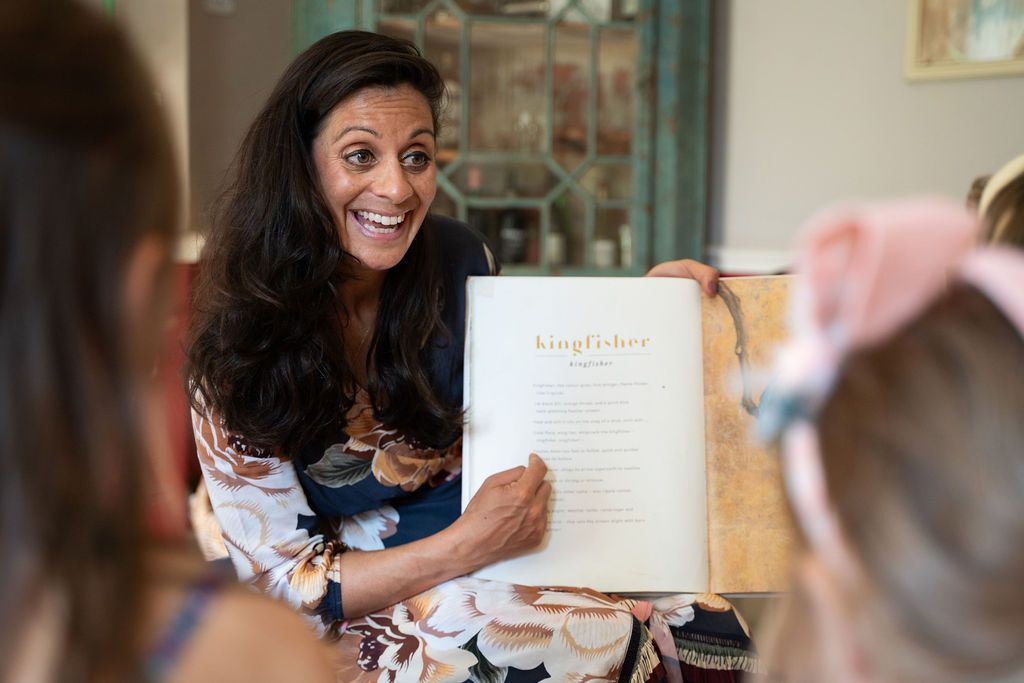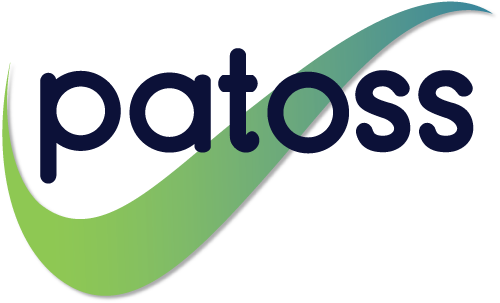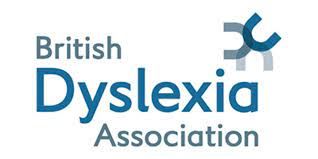Specialist dyslexia assessments and services in North Yorkshire and Greater London
Services & Fees
Full Diagnostic Dyslexia Assessment
£485 Plus Travel
Initial phone consultation to discuss your child’s or individual needs and explore whether a diagnostic assessment would provide relevant support.
A family and educational questionnaire is sent to gather important background information from you as their parents/carers/guardians, their educational settings, and any existing external assessments.
A convenient date is arranged for a cognitive and academic diagnostic assessment at either your home, school or workplace; wherever the individual would feel most comfortable. This typically takes 2.5-3 hours.
A comprehensive and user-friendly assessment report is provided, detailing: the individual’s learning profile; strengths; relative and/or actual weaknesses; formal diagnosis of any SpLD; and personalised recommendations for their provision and support.
Sasha invites the parent/carer and individual for a face to face or virtual meeting for a feedback session, where the report is talked through and explained to inform an individual’s next steps. Sasha is happy to discuss the report in the individual’s school setting, if required. Virtual meetings can also be arranged.
An individual can choose to have a follow up specialist lesson(s), putting into place some of the recommendations detailed in the report to strengthen home and school support (from £40 per hour).
About Me
Sasha has over two decades of experience in education across the state, independent, and specialist sectors. Knowledgeable, understanding, and creative in her approach, Sasha is a passionate advocate of individuals with neurodiversity. As a parent herself to three young children, Sasha understands the pressures of supporting a child who thinks and learns differently. She draws on these experiences and day to day classroom practices to provide a service that listens and reframes an understanding of dyslexia. Professional and caring, she can support you through each step of the assessment process. She is an accredited member of the British Dyslexia Association and a registered assessor with PATOSS and SASC.
Sasha brings her wealth of knowledge and experiences as a parent, teacher and dyslexia specialist, to provide personalised and meaningful diagnostic assessments and tuition: using an individual’s strengths to unlock their potential.
Sasha would welcome an opportunity to support you.
Dyslexia Explained
Dyslexia is a learning difference that affects 6.3 million people in the UK alone.
Dyslexia is primarily a learning difficulty that affects the skills involved in accurate and fluent word reading and spelling. However, it can affect many aspects of an individual's learning and development. The difficulties experienced by an individual can vary hugely with one learner finding accessing a written text enormously difficult, whilst another may struggle more with the speed that they process information. This variability can make it difficult for school, the workplace, and the world as a whole to recognise these difficulties.
These difficulties may include:
- Developing and remembering phonics skills
- Spelling
- Handwriting and written accuracy
- Reading and writing speed
- Reading comprehension, fluency and accuracy
- Personal organisation
- Memory
- Processing information
- Speech and language development
- Focus and attention
Because of these challenges, individuals with dyslexia can:
- Suffer from low self-esteem and confidence
- Avoid school work and academic challenge
- Feel socially isolated
You may find it useful to read the current definition for Dyslexia used by the British Dyslexia association:
The BDA has adopted the Delphi Definition of dyslexia (2025):
Dyslexia is a set of processing difficulties that affect the acquisition of reading and spelling.
In dyslexia, some or all aspects of literacy attainment are weak in relation to age, standard teaching and instruction, and level of other attainments.
Across all languages, difficulties in reading fluency and spelling are key markers of dyslexia.
Dyslexic difficulties exist on a continuum and can be experienced to various degrees of severity.
The nature and developmental trajectory of dyslexia depends on multiple genetic and environmental influences.
Dyslexia can affect the acquisition of other skills, such as mathematics, reading comprehension or learning another language.
The most commonly observed cognitive impairment in dyslexia is a difficulty in phonological processing (i.e., in phonological awareness, phonological processing speed or phonological memory). However, phonological difficulties do not fully explain the variability that is observed.
Working memory, processing speed and orthographic skills can contribute to the impact of dyslexia.
Dyslexia frequently co-occurs with one or more other developmental difficulties, including developmental language disorder, dyscalculia, ADHD, and developmental coordination disorder.
Other useful websites and links:
www.bdadyslexia.org.uk/dyslexia
www.nhs.uk/conditions/dyslexia
Inspiring facts
‘Dyslexic Thinking’ inspires individuals to problem solve, connect and engage with the bigger picture.
‘Dyslexic Thinking’ has now been added by linkedin as a valuable skill.
Dyslexia might make you a top spy…!
Britain’s digital intelligence agency, GCHQ (Government Communication Headquarters) actively recruits for dyslexic thinkers, based on their valuable skill set.
Many of the stars on our screens, history books, and key pioneering figures - credit dyslexia for their success. You might recognise some of these names - Richard Branson (entrepreneur, investor and founder of Virgin Group), Keira Knightley (actress), Albert Einstein (physicist), Anderson Cooper (journalist). Pablo Picasso (artist) and George Washington (first US President).
“I didn’t succeed despite my dyslexia, but because of it. It wasn’t my deficit, but my advantage. Although there are neurological trade-offs that require that I work creatively [and] smarter in reading, writing and speaking, I would never wish to be any other way than my awesome self. I love being me, regardless of the early challenges I had faced.”
Scott Sonnen, Professional Athlete
Questions?
I'm here to help.
You can call on 07799142216 or email sasha@rethinkingdyslexia.co.uk
Or fill out the form below
